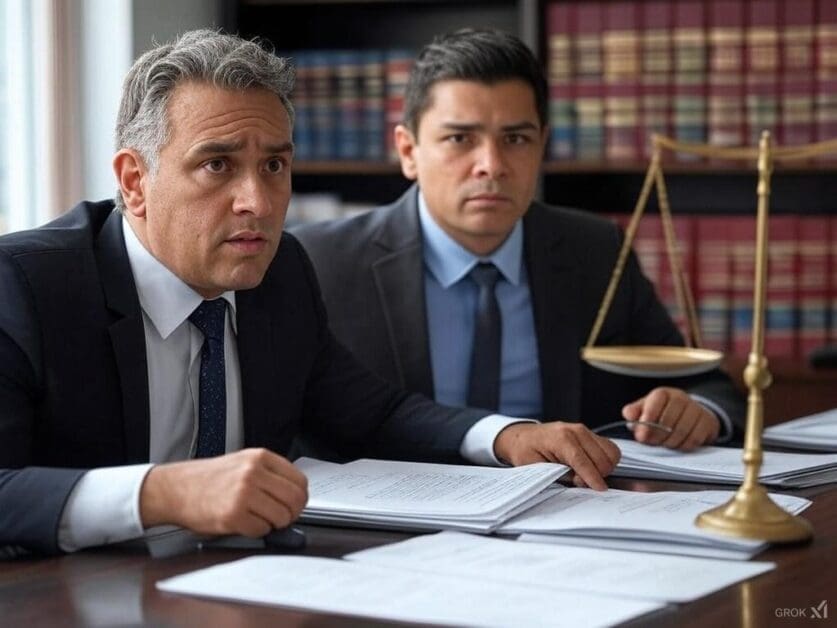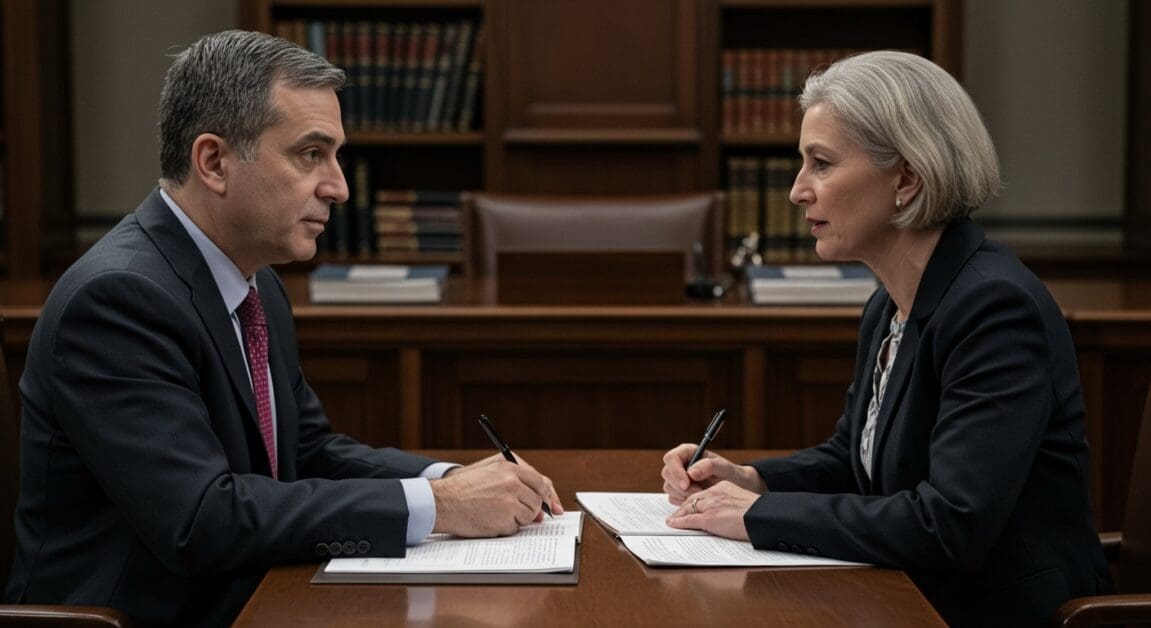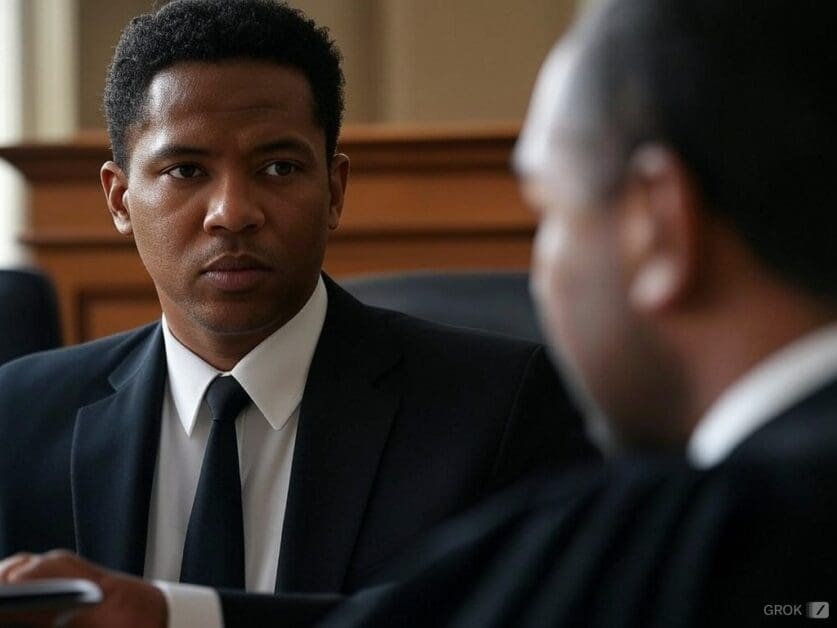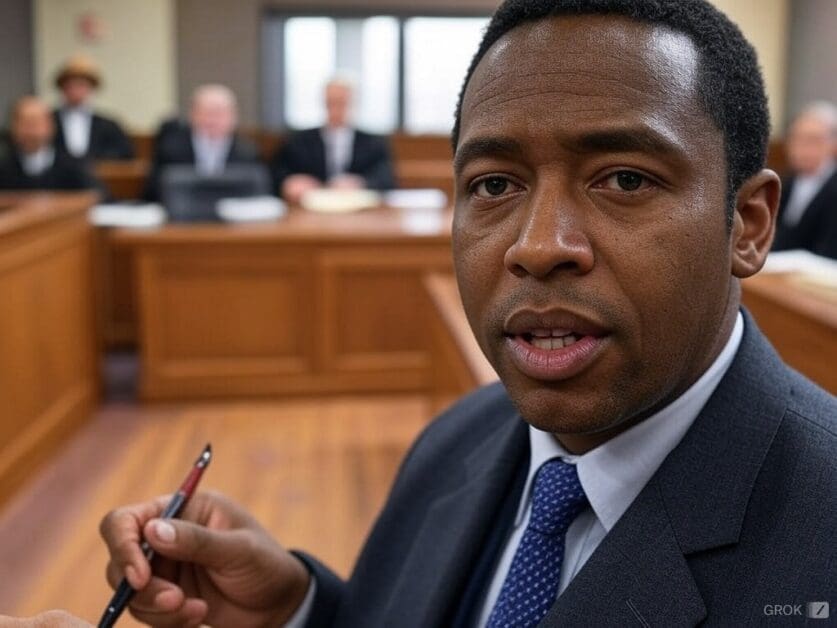Drug Possession Charges: Building an Effective Defense
Facing drug possession charges can be a daunting experience, with potentially severe consequences that may impact one’s personal and professional life. However, being charged does not equate to an automatic conviction. Understanding the legal landscape and available defense strategies is crucial for anyone confronting such allegations. This article delves into the intricacies of drug possession […]
Drug Possession Charges: Building an Effective Defense Read More »









